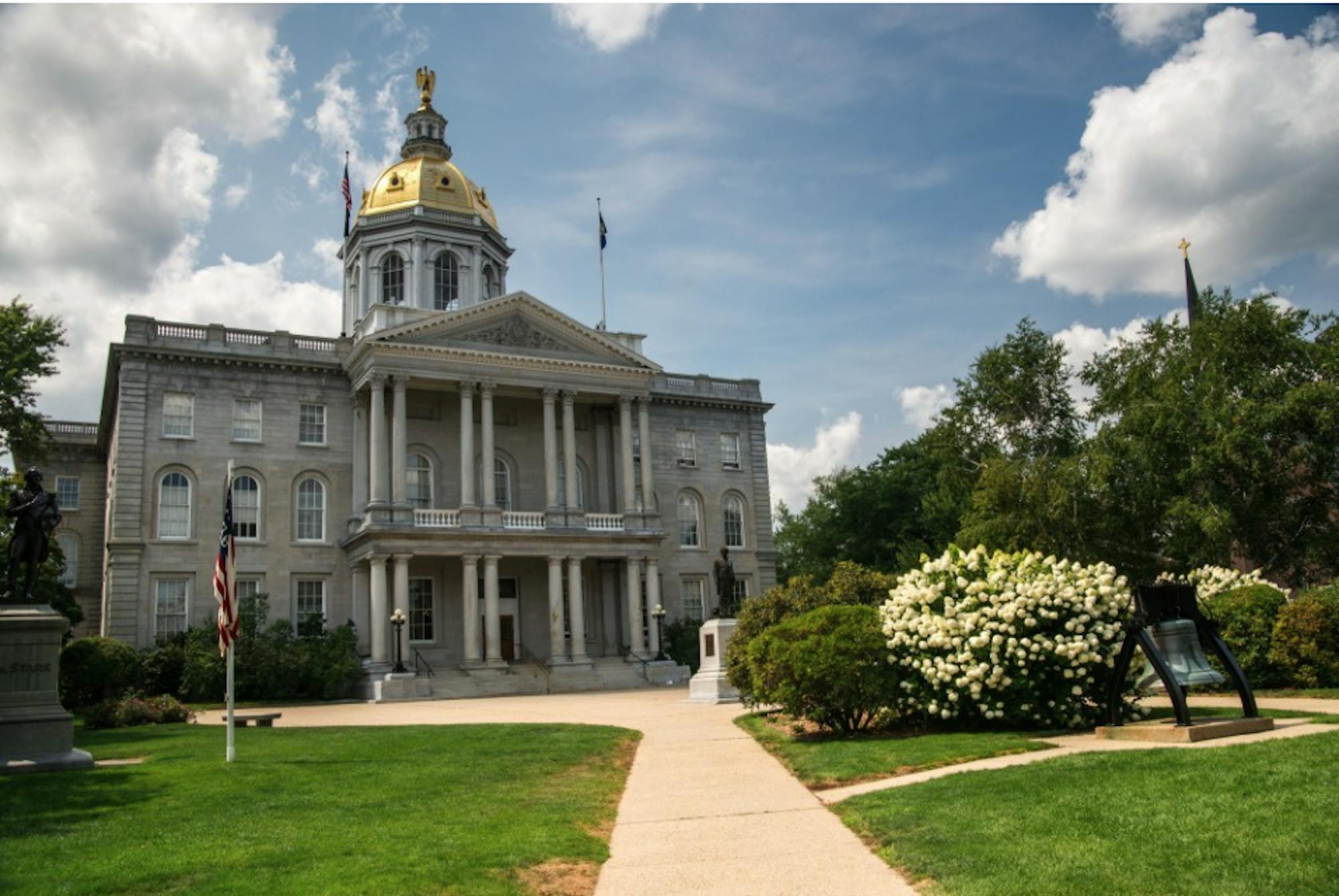On April 6, the New Hampshire State House passed a $15.9 billion budget by voice vote — a group vote with ays and nays — with the most bipartisan support for a budget resolution since 1989. The proposal, which received unanimous Democratic support and approximately 70% of Republican votes, will now head to the Republican-controlled State Senate.
Key negotiators on the State House Finance Committee drafted legislation, after New Hampshire Gov. Chris Sununu, a Republican, released his budget proposal in February. The finished committee proposal earned the support of just one Democrat. Multiple Democrats on the committee voiced their concerns with a lack of Medicaid and education funding, while some Republicans pushed for more spending cuts.
As the bill moved from committee to the closely-divided House floor, State House speaker Sherman Packard, R-Rockingham, expressed the importance of compromise to “get the job done.”
“We sat down, [and] we negotiated until pretty much the last minute,” Packard said. “We [Republicans] got some stuff we want, they [Democrats] got some stuff they want and neither one of us got everything we wanted. But we both realized that we had to pass a budget.”
Packard said he worked closely with House Minority Leader leader Rep. Matt Wilhelm, D-Hillsborough, who praised the speaker’s willingness to compromise.
“Speaker Packard was motivated to pass a budget and knew [he] wasn't going to be able to get it done without House Democrats’ support,” Wilhelm wrote in an email statement. “House Democrats were motivated to amend the budget to deliver for all Granite Staters.”
Wilhelm characterized the budget as “strong” and “bipartisan,” he wrote.
“We were able to make a deal because both sides got some — but not all — of what we wanted,” Wilhelm wrote. “Yes, Republicans won. Yes, Democrats won. But most importantly, our communities and the constituents who sent us to the State House won.”
However, Wilhelm accused state representative Jason Osborne, R-Rockingham, of politicizing the negotiations.
“A week before the House vote, Republican leader Jason Osborne wrote me a highly-politicized letter about our inability to reach consensus on a compromise amendment and leaked that letter to the press,” Wilhelm wrote. “I responded in kind.”
Osborne did not respond to requests for comment.
The State House’s version of the budget is not yet finalized. In the New Hampshire budget process, an initial proposal is edited and passed by both chambers in the state legislature before being signed or vetoed by the governor. Packard emphasized that the House’s procedure is “just one step.”
Disagreements in the budget must be settled before it can pass. While Gov. Sununu’s budget proposal included plans to phase out targeted education funding, the House version allocates more funding to low-income education systems.
Packard said the proposal differences are a natural and longstanding part of the process.
“The question of how much aid each student gets has been something that's been going on for 25 to 30 years now,” Packard said. “So this is just one more step in the process of trying to figure out a problem that has existed for a long time.”
Wilhelm wrote that he is proud of the “good work by Rep. Dave Luneau, Rep. Rick Ladd [and] Rep. Mary Heath,” who ensured that communities which needed more support — such as Rochester, Claremont and Berlin — “weren’t hung out to dry.”
State representative Dan Hynes, R-Hillsborough, told The New Hampshire Bulletin that “it was a Democrat budget that Republicans joined in.” Wilhelm and Packard both rejected that sentiment.
The budget negotiations marked the second time in recent weeks that the State House has found bipartisan compromise. On March 23, the House voted with bipartisan support to remove civil and criminal penalties for doctors who perform abortions after 24 weeks. Packard attributed the high degree of compromise to the size of the New Hampshire legislature which, with 400 members, is the largest state legislative chamber in the United States.
“Well, when you have … the size of our legislature, you have to do what you have to do to get the job done,” he said.




